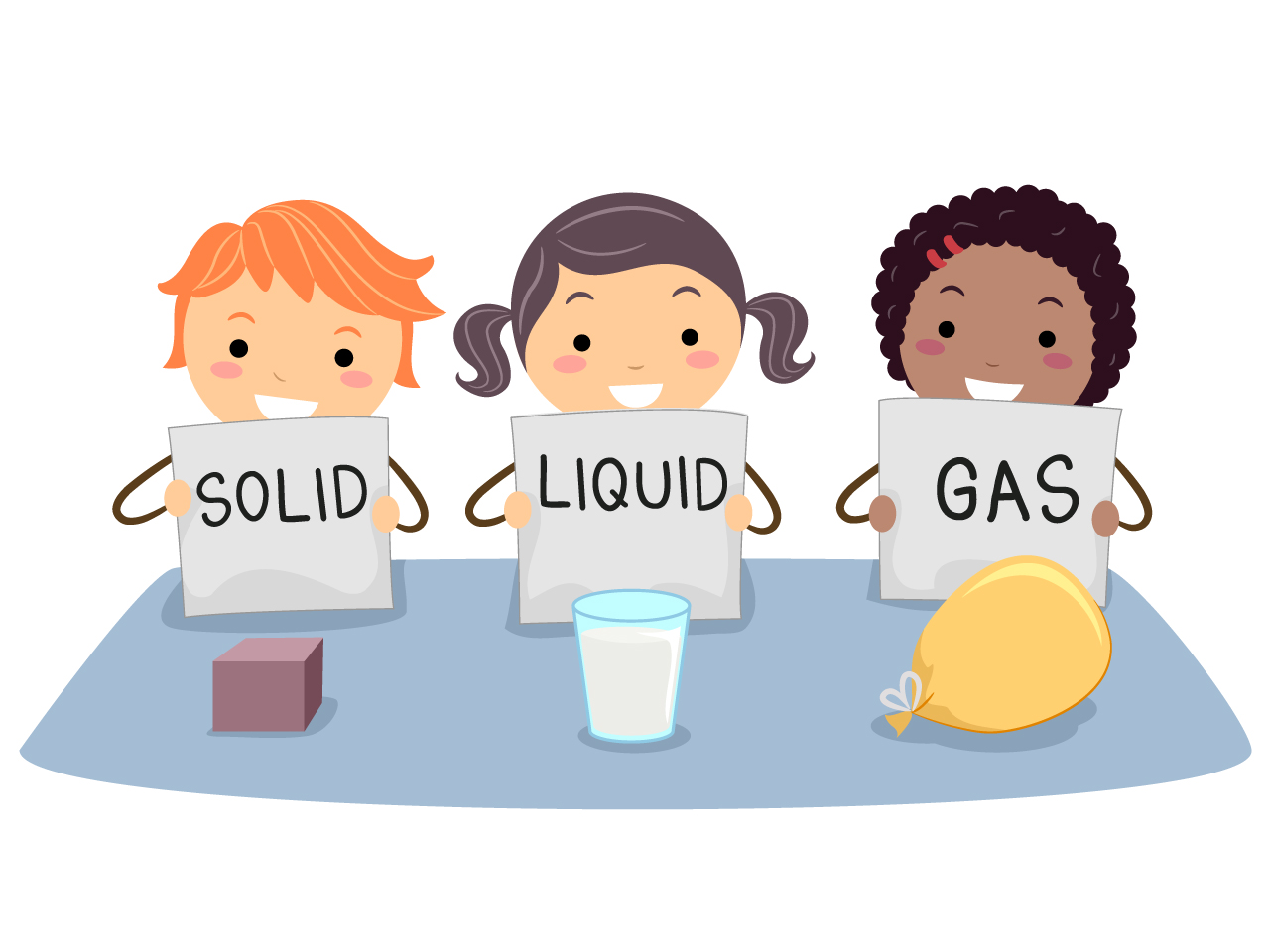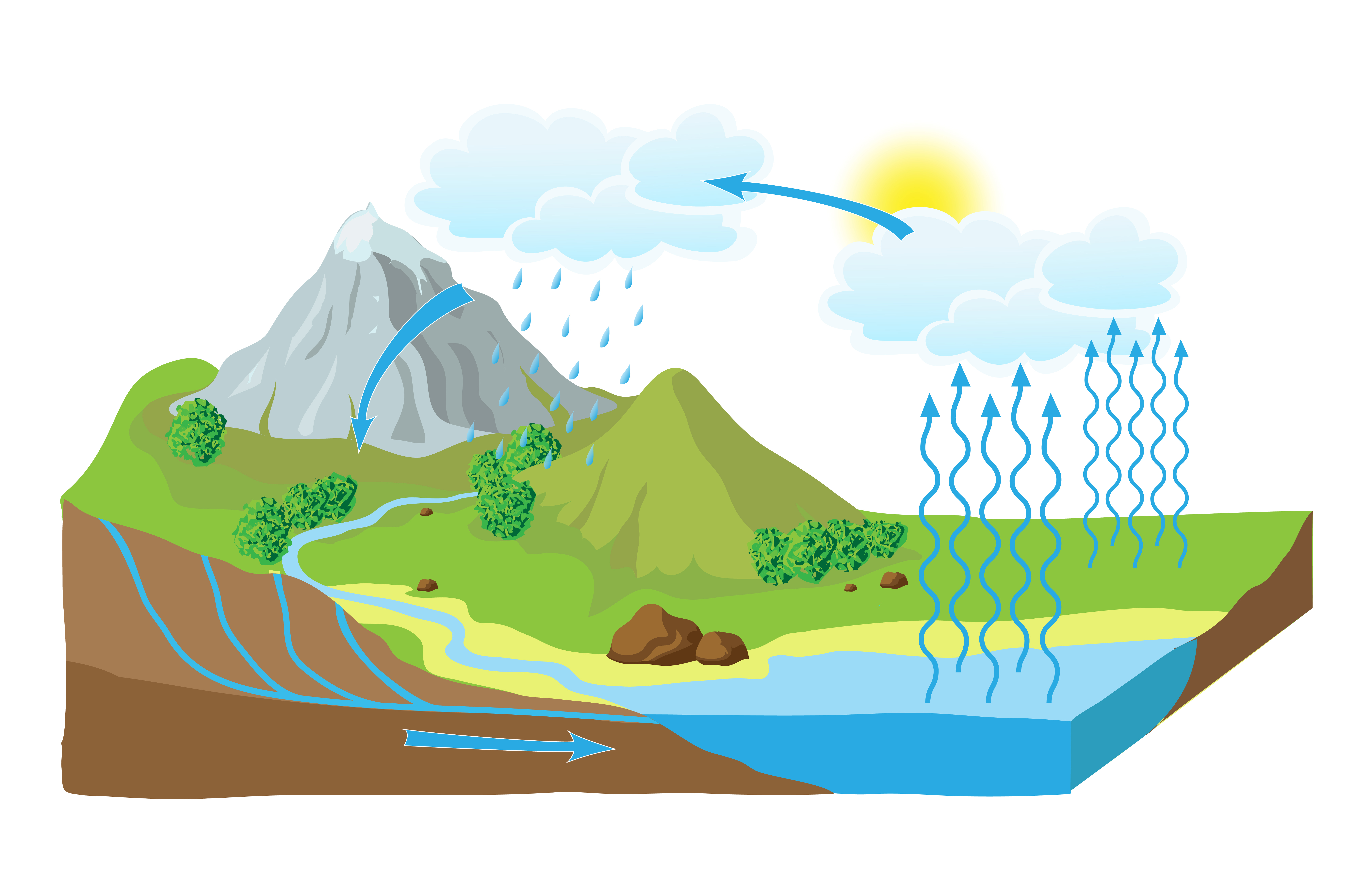Understanding forces Physical Science Worksheets for Ages 5-7
3 filtered results
-
From - To
Explore the exciting world of forces with our "Understanding Forces" Physical Science Worksheets designed for children aged 5-7. These engaging and colorful worksheets help young learners grasp fundamental concepts like push and pull, gravity, and friction through fun activities and illustrations. Perfect for home or classroom use, each worksheet encourages hands-on exploration, enabling kids to observe and understand the forces at play in their everyday lives. Our age-appropriate materials support developmental learning, foster curiosity, and build a strong foundation in physical science. Inspire the budding scientist in your child with our easy-to-use worksheets that make learning about forces enjoyable and memorable!
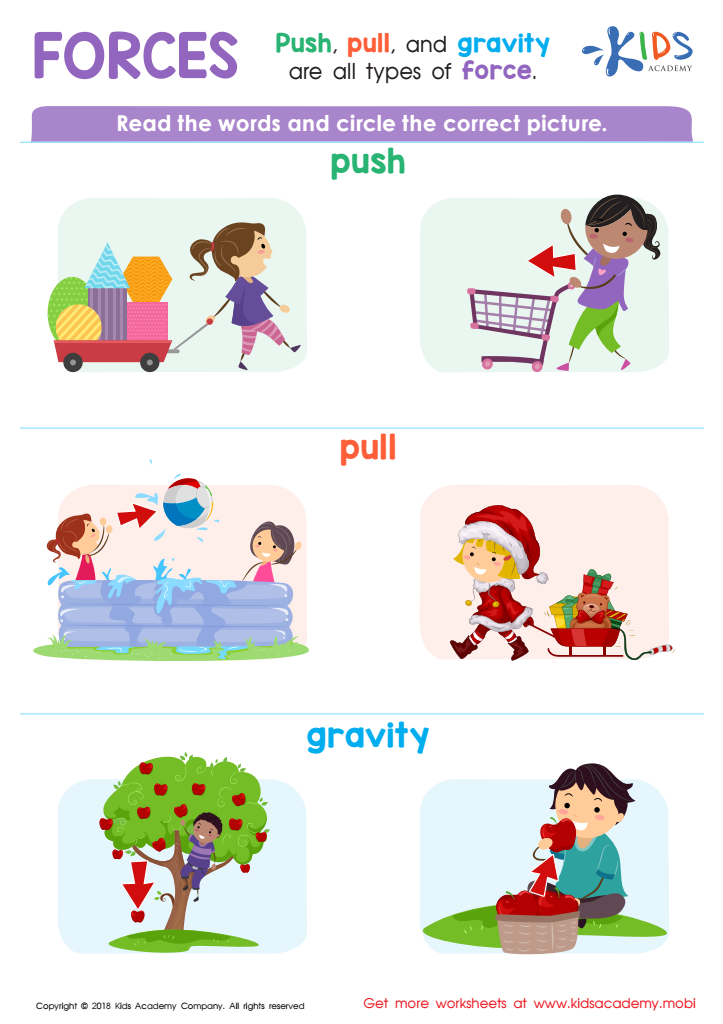

Forces Worksheet
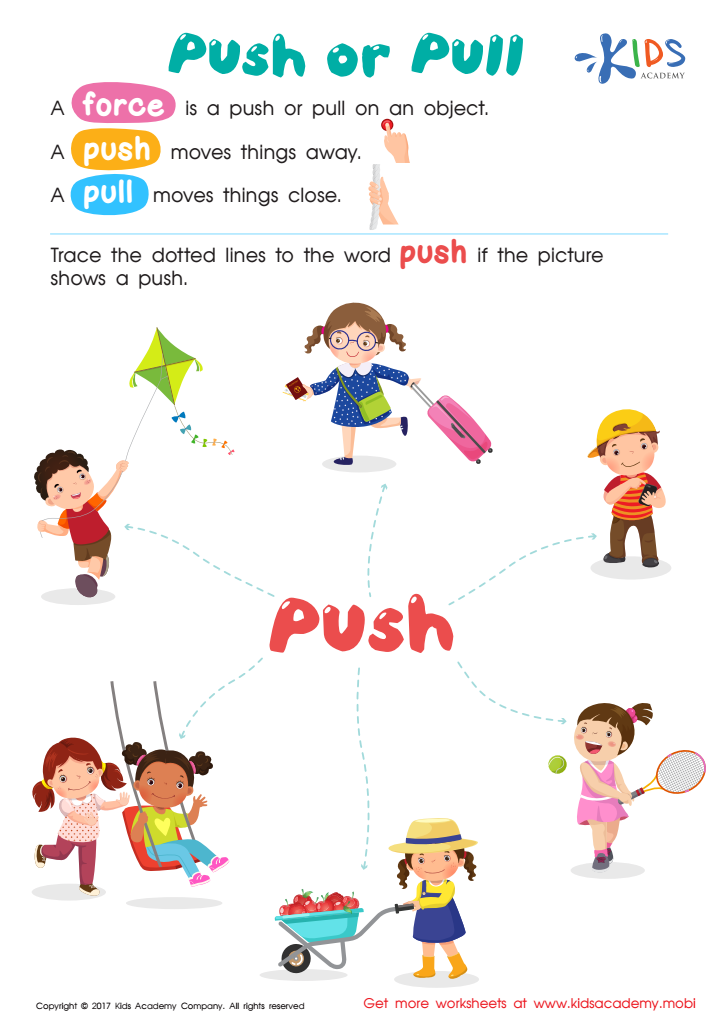

Push or Pull Worksheet
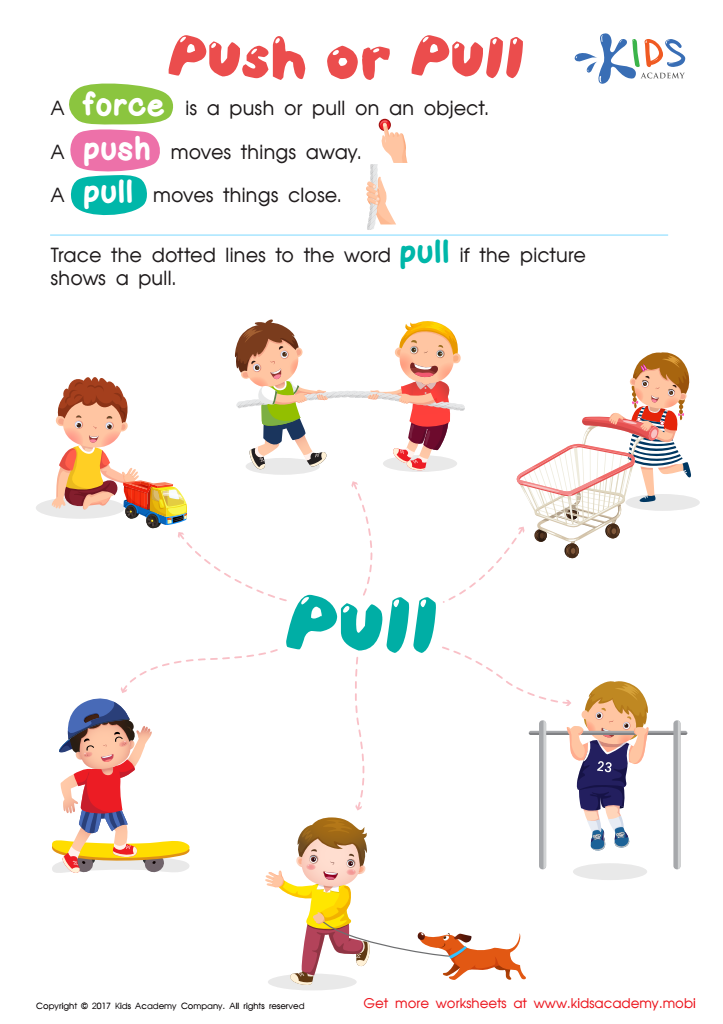

Pull or Push Worksheet
Understanding forces in physical science is crucial for children ages 5-7 as it lays the foundation for their comprehension of the world around them. At this age, children are naturally curious, and exploring forces—notably pushes, pulls, and gravity—encourages this curiosity and critical thinking. Parents and teachers play a vital role in nurturing this interest, as early exposure to these concepts fosters a sense of inquiry and exploration.
Engaging in lessons about forces helps children develop problem-solving skills and a basic understanding of scientific principles. For instance, activities that demonstrate how varying forces impact movement encourage hands-on learning, which solidifies these concepts in a tangible way. Furthermore, learning about forces aids in fostering essential life skills, including teamwork, communication, and perseverance as they work together on experiments.
Moreover, embracing science in early education promotes a lifelong interest in STEM (Science, Technology, Engineering, and Mathematics) fields. It also helps demystify scientific concepts, making them accessible and enjoyable, which is key in building confidence in young learners. Ultimately, a solid grasp of forces not only enriches a child's education but also forms critical thinking and analytical skills that are essential for future academic pursuits.
 Assign to My Students
Assign to My Students




